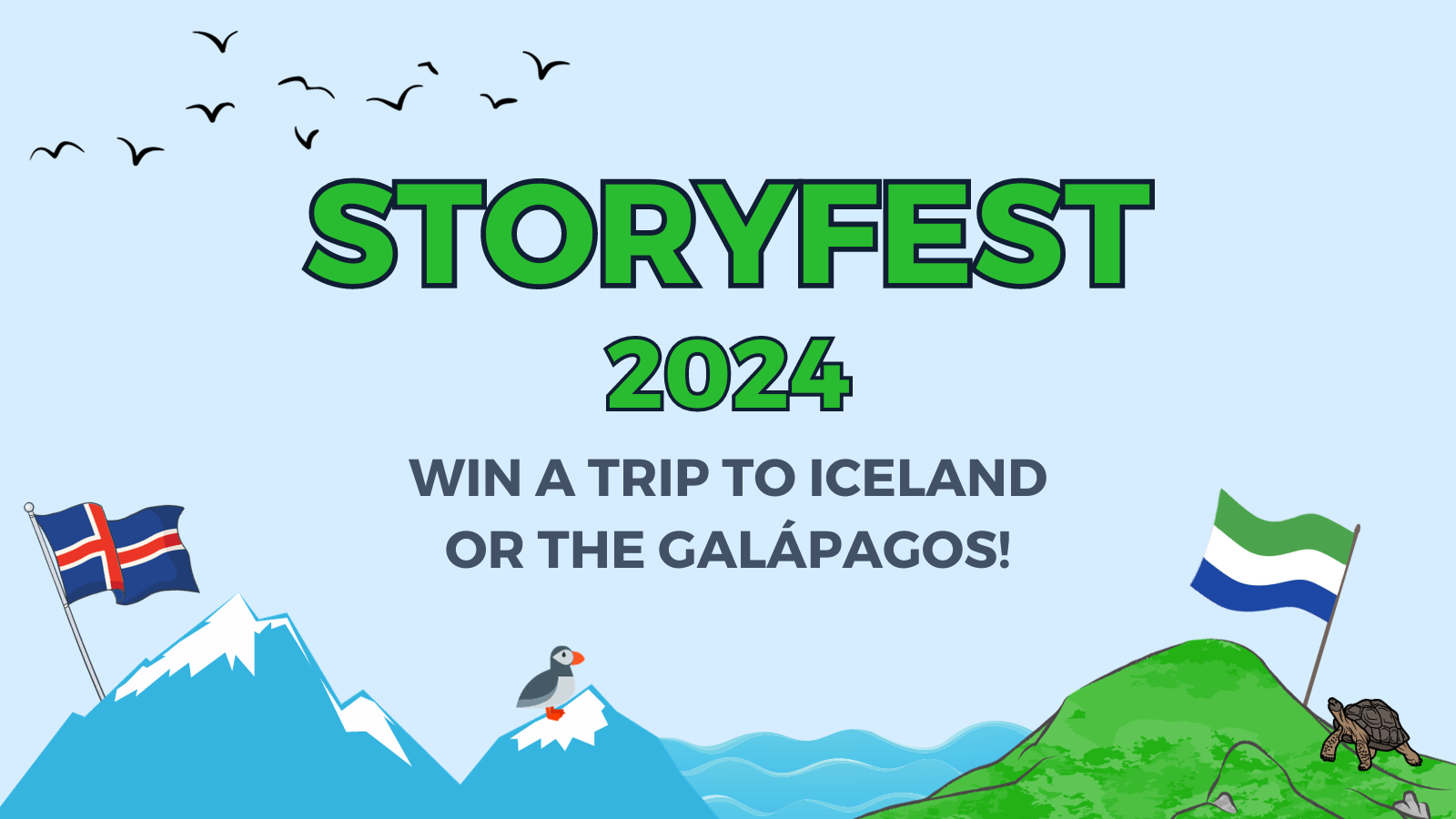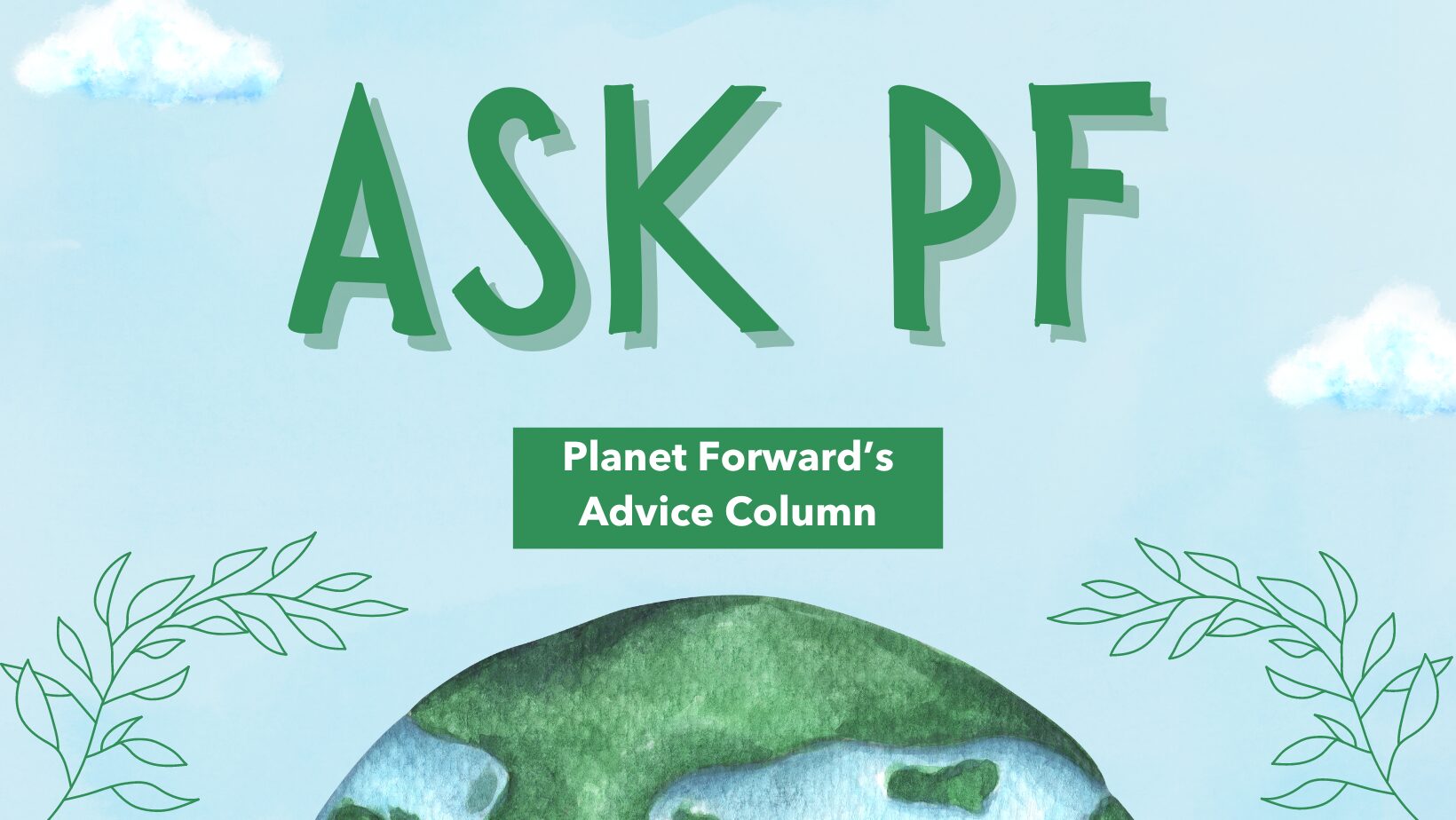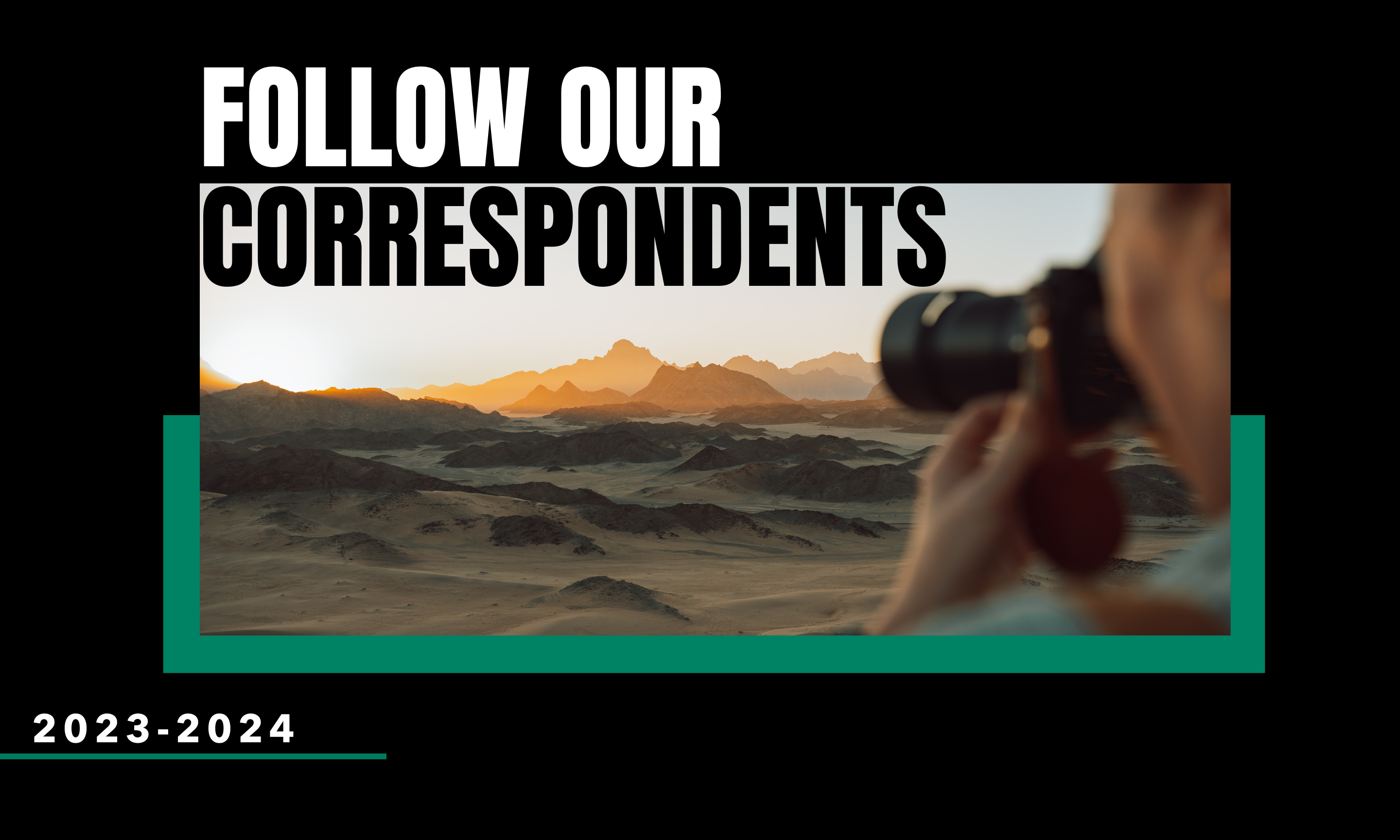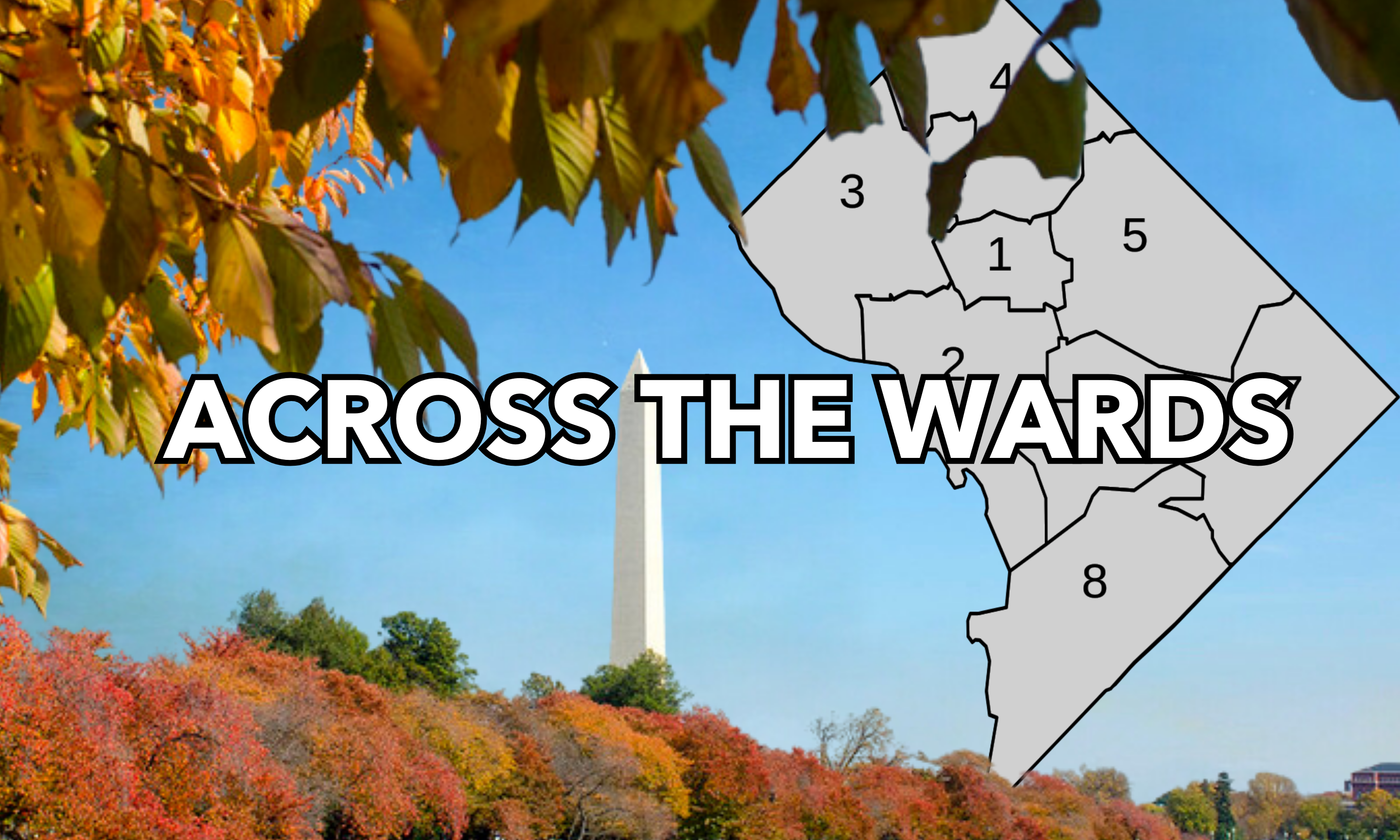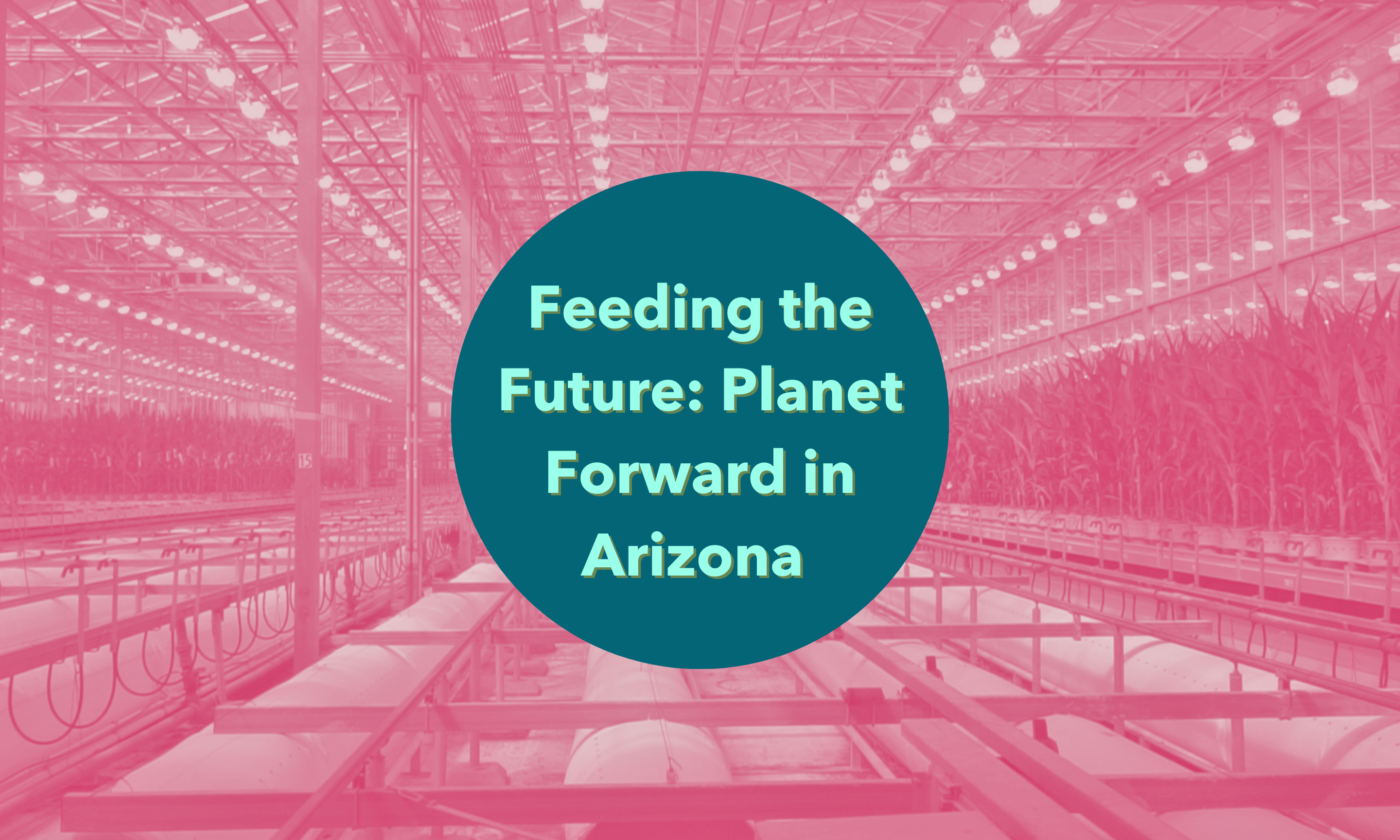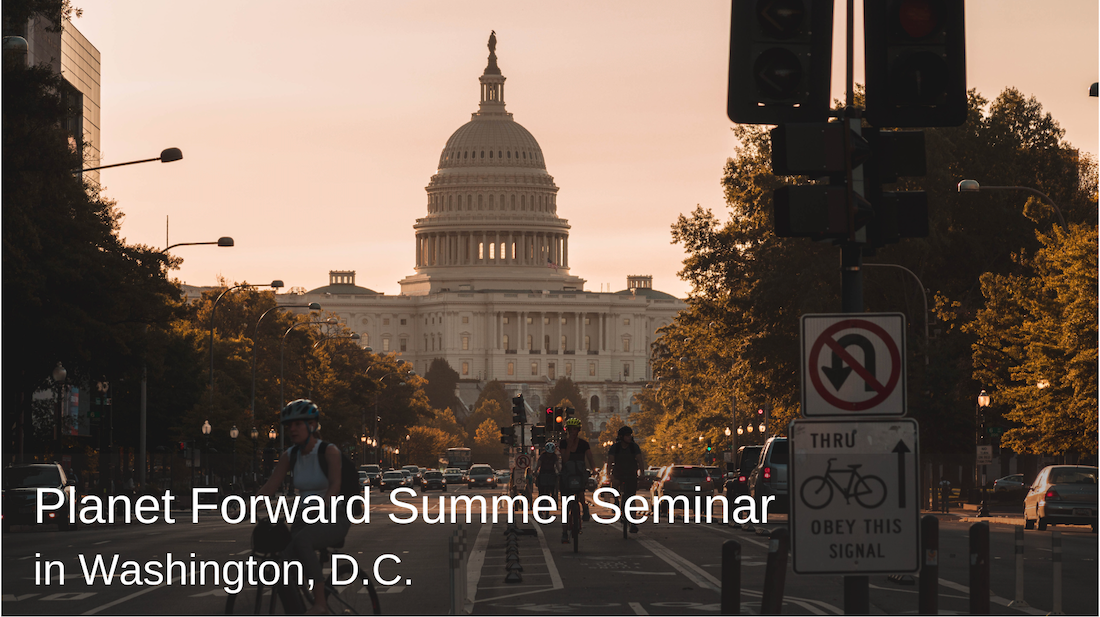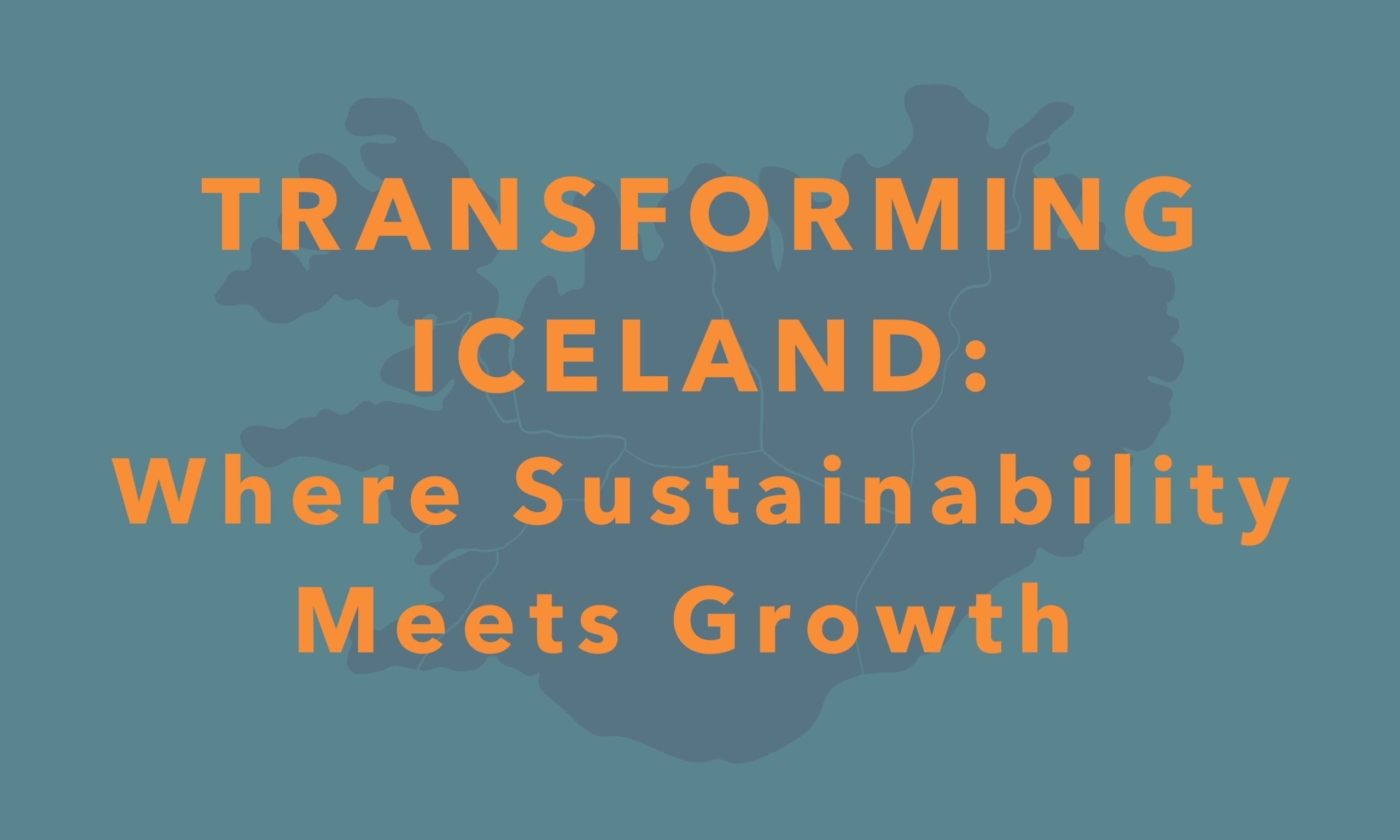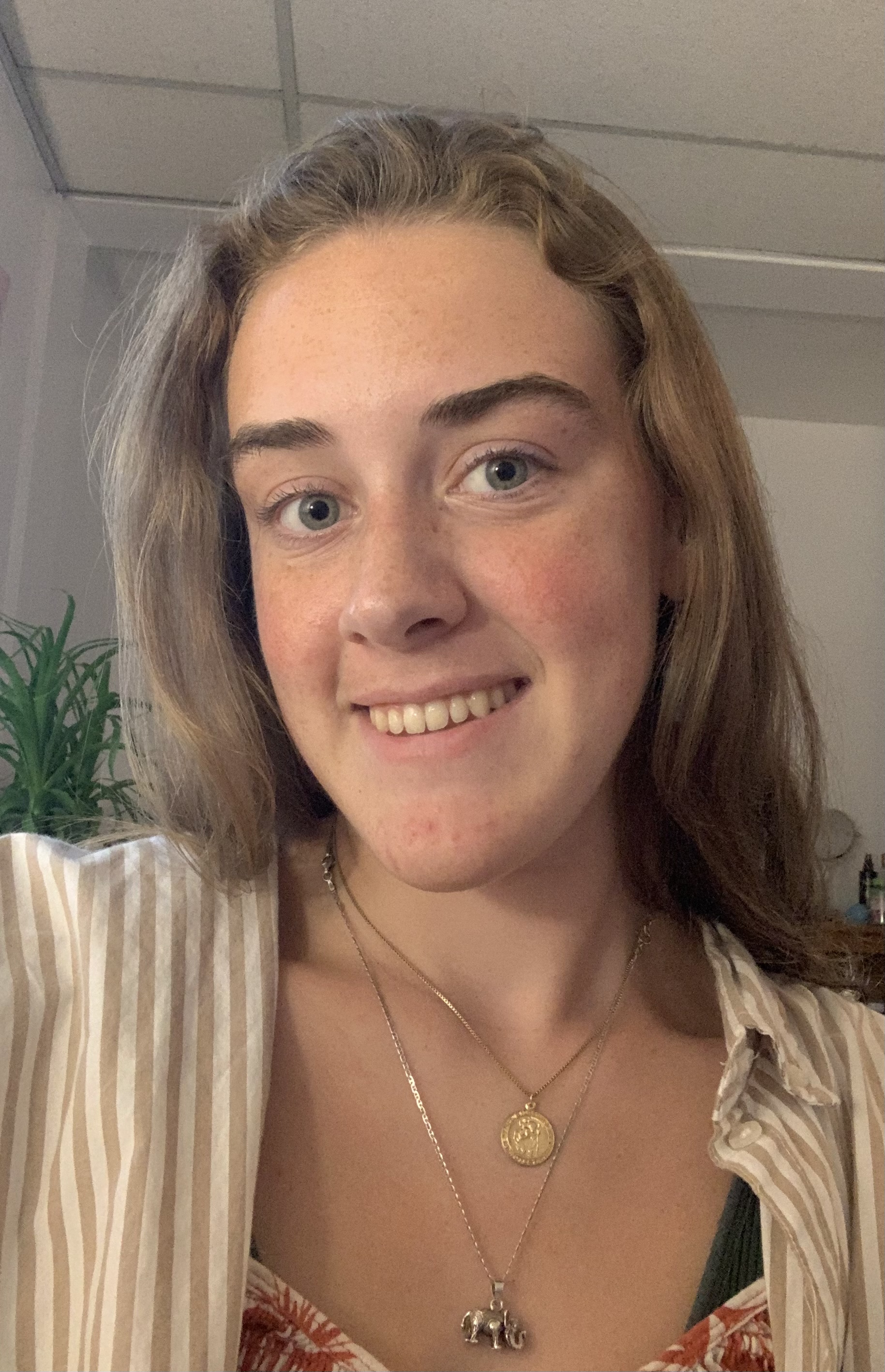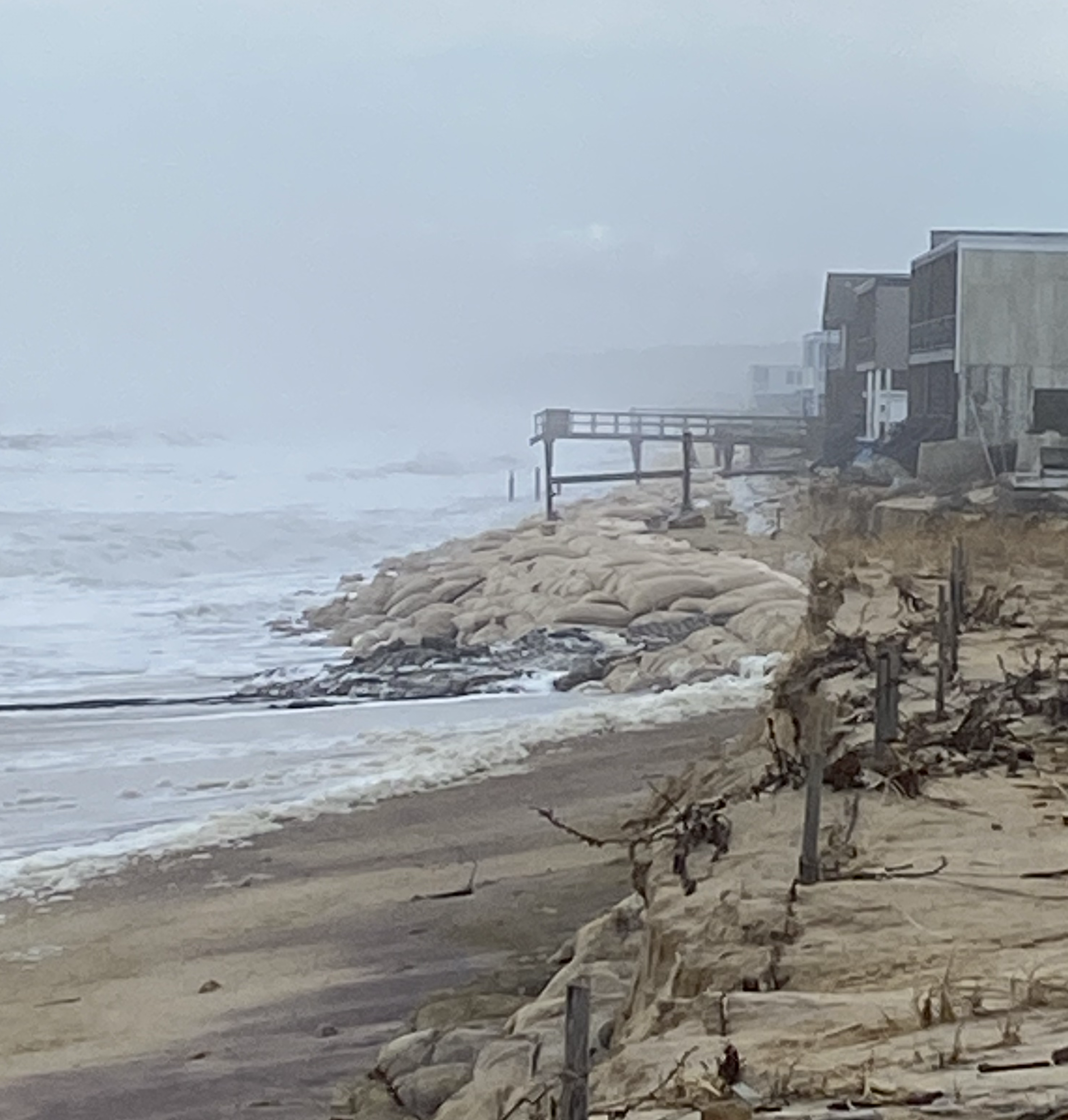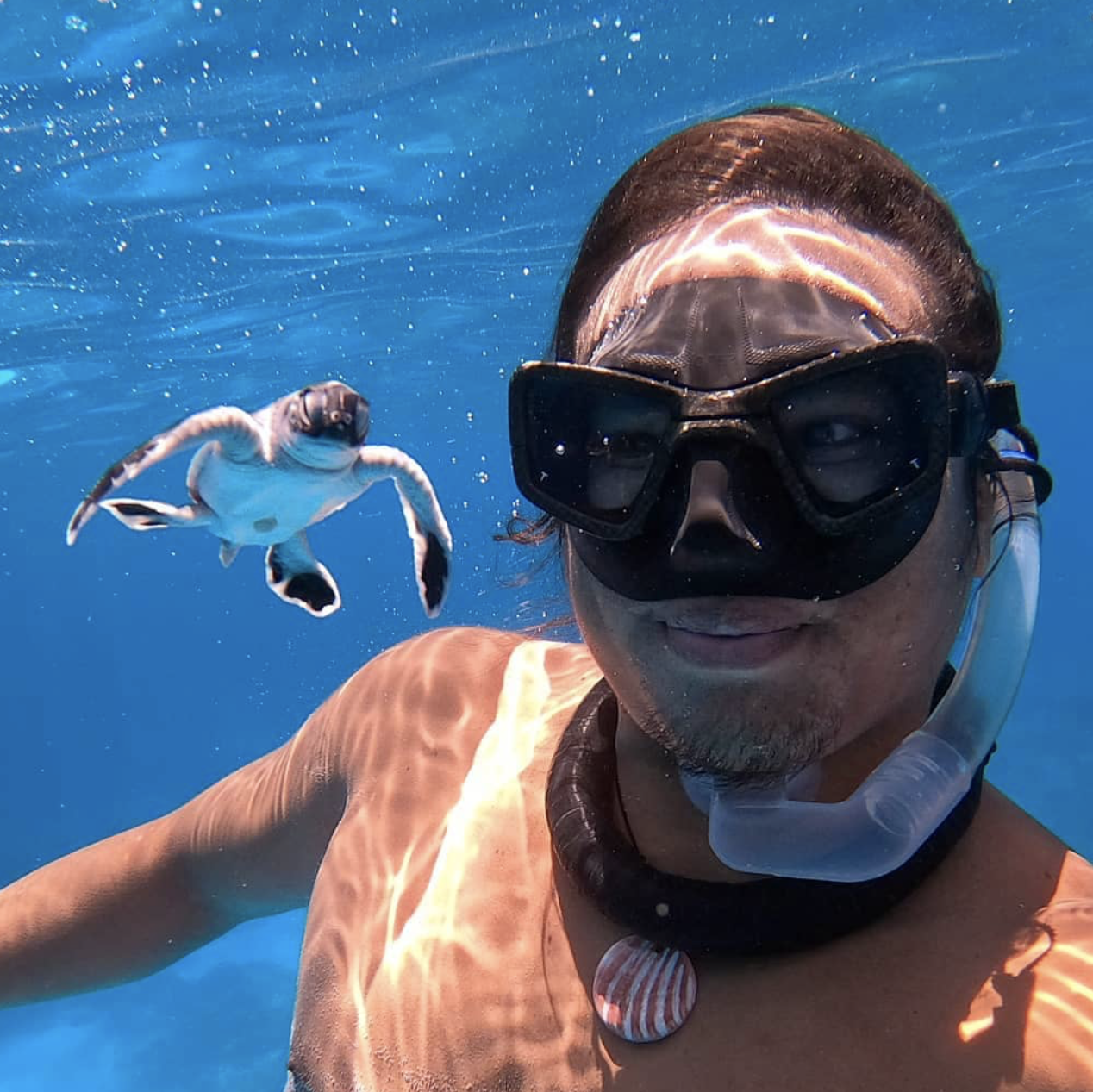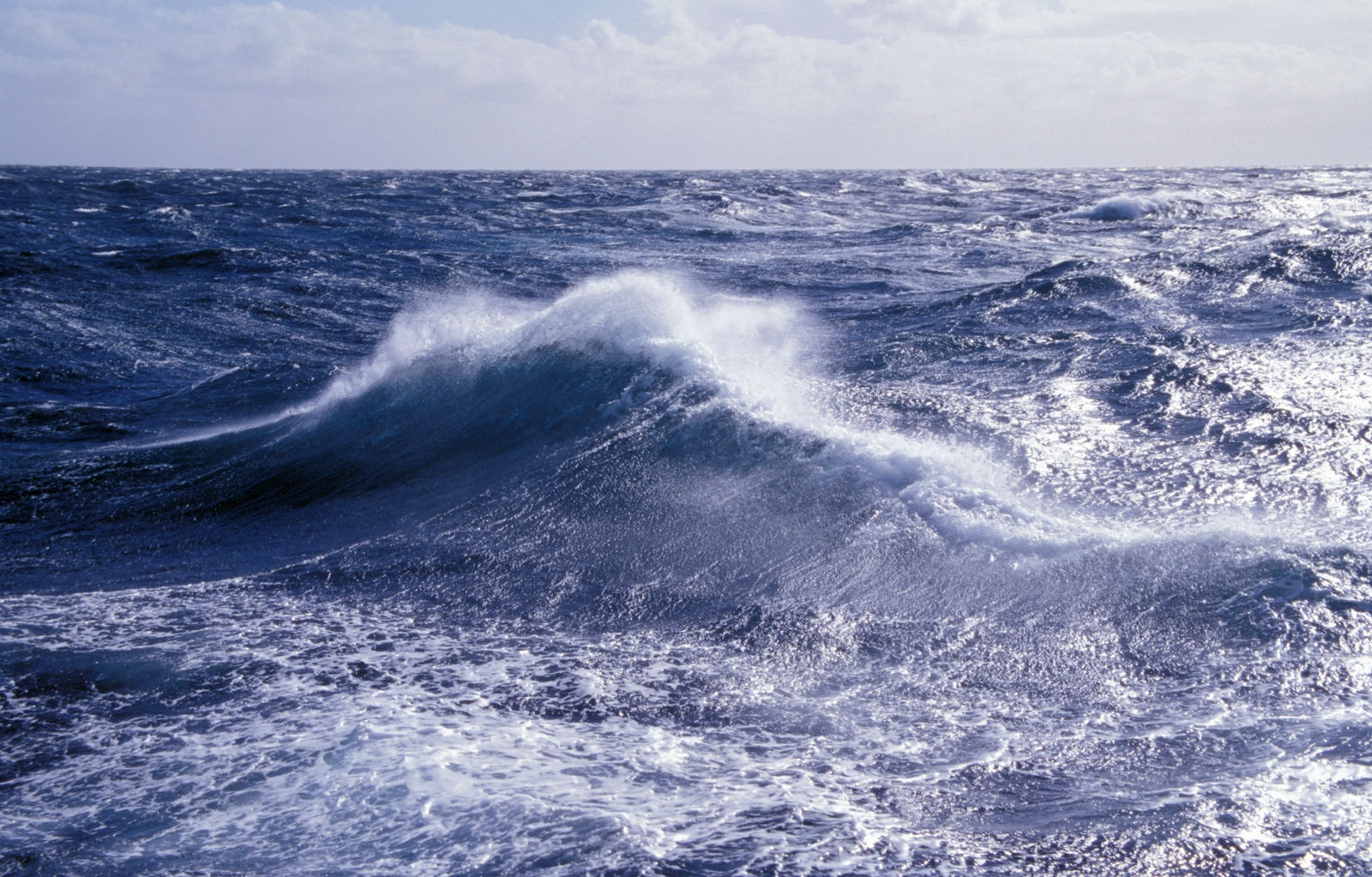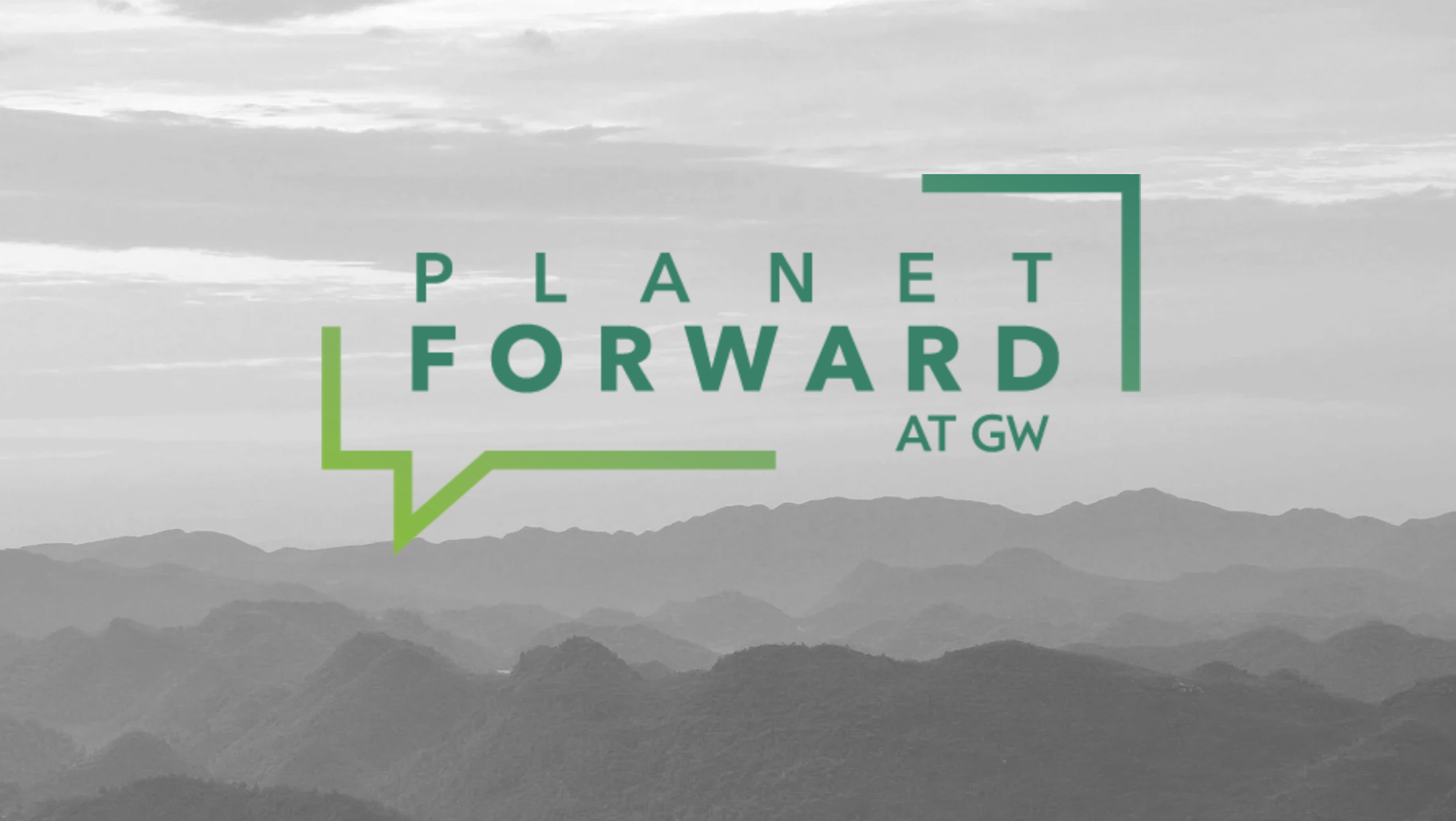 Before I left for a short term study abroad program in Belize over winter break, I watched the movie "A Plastic Ocean." This documentary shows the scope of the problem of plastic pollution and how it is affecting our planet. While this was not my first exposure to the issue, I felt somewhat disturbed seeing just how much of the plastic that our society uses in massive quantities ends up not recycled but floating in the middle of the ocean. Images from the film, like a sea lion having its neck caught in a bundle of trash, or an albatross regurgitating a large piece of plastic will surely stay with me for a long time. I thought the movie would have prepared me for what I would see when I got to the Mesoamerican Barrier Reef, off the coast of Belize.
Before I left for a short term study abroad program in Belize over winter break, I watched the movie "A Plastic Ocean." This documentary shows the scope of the problem of plastic pollution and how it is affecting our planet. While this was not my first exposure to the issue, I felt somewhat disturbed seeing just how much of the plastic that our society uses in massive quantities ends up not recycled but floating in the middle of the ocean. Images from the film, like a sea lion having its neck caught in a bundle of trash, or an albatross regurgitating a large piece of plastic will surely stay with me for a long time. I thought the movie would have prepared me for what I would see when I got to the Mesoamerican Barrier Reef, off the coast of Belize.
But to truly grasp the nature of the problem, I needed to float among huge piles of plastic, and try to see the coral formations while dodging pieces of garbage. I needed to pick up bottles, flip-flops, bags, toothbrushes, utensils, and plenty more plastic products from the beach, only to see even more of it wash up again the next morning.
This was a deeply affecting experience for me. Beyond just the realization of how massive of a problem this is, I could see a direct link between my actions and the consequences.
Many times in America we only find out about the effects of climate change on the news, in heartbreaking social media posts of polar bears floating away from the mainland on chunks of ice, or in documentaries. These are good for arousing sympathy for a few moments, but as soon as the next thing comes on the screen it slips from the mind. Most of the visible environmental challenges are happening on such a large scale or so far away that it seems impossible to help anyway.
However, apathy became impossible for me when I saw, for example, hundreds of plastic forks floating in the water, because I used plastic forks for most of my meals. There was no evil corporation or greedy politician to blame for this pollution, just the habits of me and millions of ordinary people.
According to A Plastic Ocean’s website, over eight million tons of plastic end up in the ocean every year. While there are certainly institutional reasons more of it is not recycled or responsibly disposed, a lot of this could be alleviated if people made a few simple changes to their plastic consumption. Worldwide, more than one million plastic bags are used per minute. In 2014, the average American consumed 315 plastic water bottles. A lot of plastic usage is unavoidable in modern society, but getting reusable shopping bags and water bottles are affordable and easy solutions.
The point of this post is not to encourage everybody to get up and go to Central America to see first-hand the effects of plastic consumption (although you should, it is an eye-opening experience), but to show that every person’s actions have a tangible effect on the environment. Large-scale societal changes to save the environment may or may not be coming, but instead of waiting around helplessly for that, there are things we can and should start doing today.
">I recently traveled to the Mesoamerican Barrier Reef, and had my perspective completely changed about the importance of individual actions on the environment.


